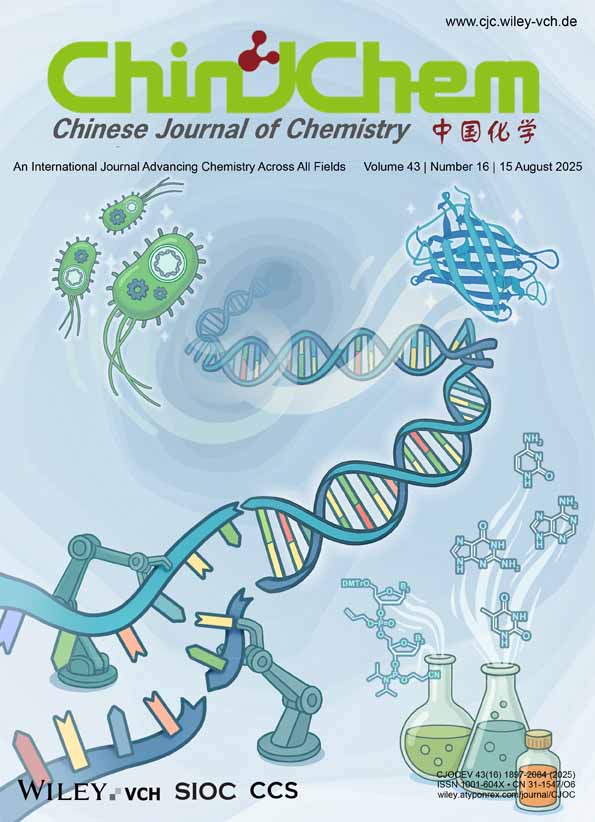Microcalorimetric Study of the Biological Effects of Zn2+ on Bacillus thuringiensis Growth
Abstract
A microcalorimetric technique was used to investigate the influence of Zn2+ on the growth metabolism of Bacillus thuringiensis. LKB-2277 Bioactivity Monitor was employed to obtain the power-time curves, from which the maximum peak-heat output power (Pmax) in the log phase, the growth rate constants (k), the inhibitory ratios (I), the generational time (tG) and the total heat effect (Qtotal) in 23 h for the growth metabolism of Bacillus thuringiensis at 28 °C can be evaluated. The results indicate that the concentration of Zn2+ affects its growth obviously. Low concentration (0–50 μg/mL) of Zn2+ promotes the growth of Bacillus thuringiensis while high concentration (50–500 μg/mL) of Zn2+ inhibits its growth. When the concentration reached up to 600 μg/mL, it can not grow at all.




